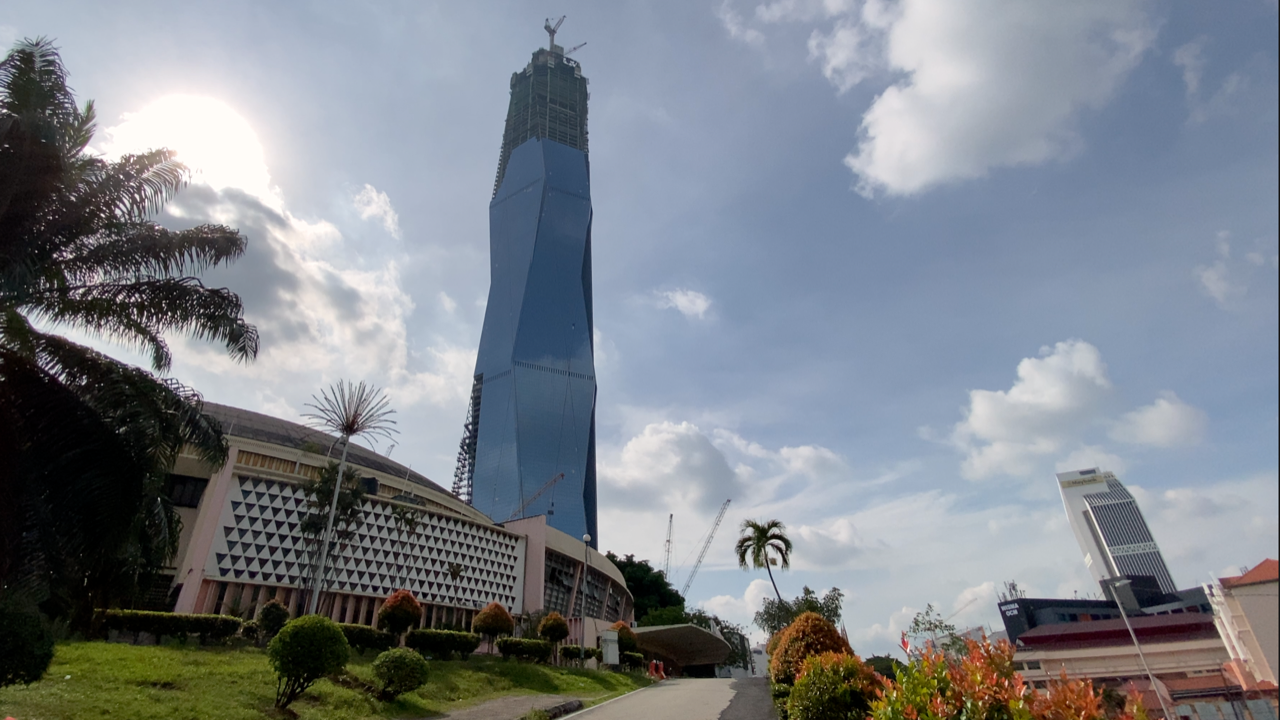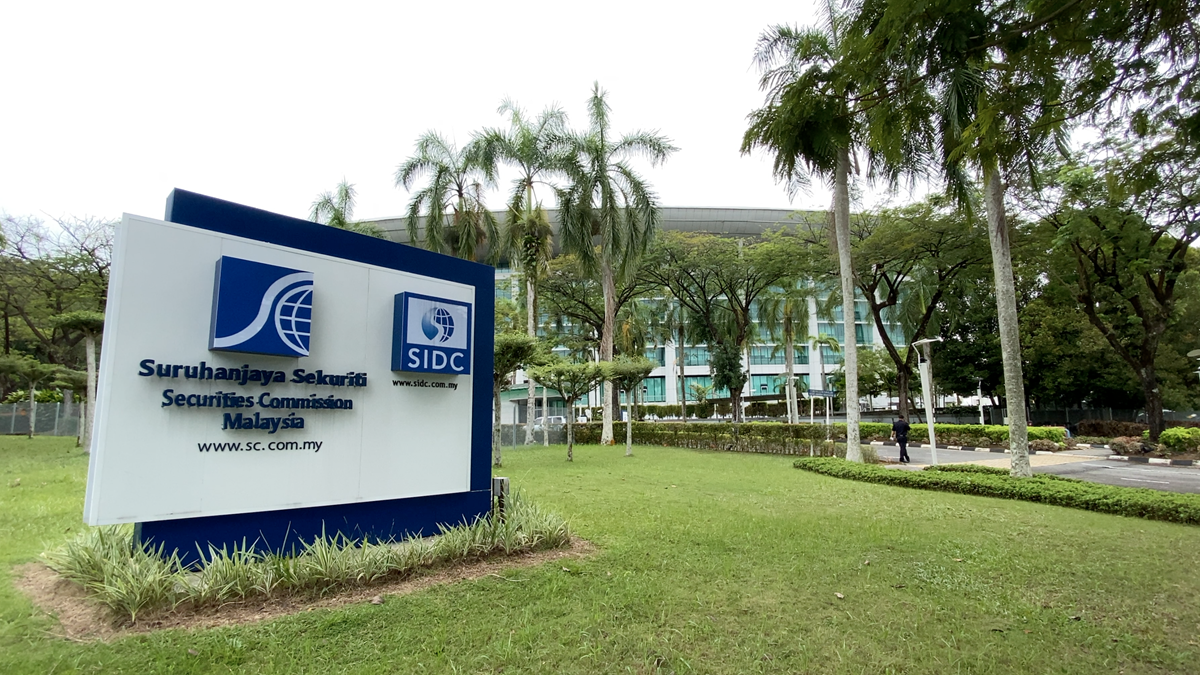02:08

Towering behind a nearly century-old row of shophouses in Kuala Lumpur's Chinatown rises a gleaming skyscraper clad in blue glass.
In central Malaysia, a sprawl of solar panels catches the sun's tropical rays.
In a remote part of Malaysian Borneo, work progresses on a hydro power plant.
These three projects have one factor in common: Their developers all issued green bonds to fund their construction, including Shariah-compliant Islamic bonds known as sukuk.
A report by Malaysian investment bank Maybank Kim Eng found that the global sustainable bond market is growing rapidly, from around $50 billion in 2015 to $323 billion last year. It is just starting to take off in countries like Malaysia.
"I think the key driving factor is the increasing awareness and also commitment to tackle climate change," says Winson Phoon, head of fixed income research at Maybank Kim Eng.
"In terms of awareness, interest has been increasing. The only challenge now is if you look at the size currently it is relatively small so it's not easy to build a portfolio of pure green bonds," he says.
"In terms of returns, the returns are a little over two percent more than a normal portfolio of typical bonds," says Meor Amri Meor Ayob, CEO of Bond Pricing Agency Malaysia which has launched an index for sustainable bonds.

Malaysia's securities commission offers incentives to boost green bonds. /CGTN
Malaysia's securities commission offers incentives to boost green bonds. /CGTN
The Merdeka 118, which will be the tallest building in Southeast Asia and one of the tallest in the world, is being built by Malaysian state investment fund PNB. It is designed to be a green building, optimizing energy usage, having specialized cooling systems to counter the intense tropical sun, energy optimization strategies, rainwater harvesting and use of recycled and sustainable products in construction.
A local university is the developer of the solar power plant in central Malaysia.
"That in itself is something that is unique because the thought process of a university issuing a sukuk (Islamic bond), a green sukuk, no one would ever think that it is possible five years ago," Meor says.
He says he's excited by the possibilities of green bonds spurring innovation.
"It's an enabler of new technologies that make the world more sustainable. You will start to see very exciting start-ups. This is what happened Silicon Valley and you can actually see the same kind of concept being applied here. I mean issuing money, getting the capital required to create something that's in someone's mind for the betterment of everyone, which is under the green concept."
But so far Malaysia's green bond offerings have been for just three types of businesses:
Green buildings, solar power plants and hydro-electric projects.
That needs to change for the sector to really take off, analysts say.
"Malaysia has a so-called government-guaranteed bond sector," explains Phoon. "Within this space, the public sector transportation sector, MRT and also some water treatment plants, there's a lot of potential. These are eligible assets for green bonds.”
Meor, too, sees plenty of opportunities for new ventures.
"You have to sort of solve a problem. So this is what is green tech, green investments are all about: thinking about new ways of doing something to fulfill a basic, fundamental objective."
Malaysia's securities commission offers incentives such as tax breaks for issuers to try to encourage more green bond issuance.
And capital market regulators across Southeast Asia have come up with what they call ASEAN Green Bond Standards. Phoon says such standardization and common terminology will help boost the growth of sustainable bonds.
"This is important for the development of the green bond market because it helps the issuers and also even the banks or intermediary to identify what are the eligible assets that they can come to the market and issue the green bonds," Phoon says.
If anything, the pandemic has only raised awareness of sustainability issues, he adds, priming green bonds to see a surge of interest once the impact of the coronavirus recedes.
At this juncture, Singapore, Indonesia and the Philippines are the biggest issuers in Southeast Asia. But Malaysia has already become a world leader in the issuance of sukuk – Islamic bonds – so it has plenty of potential to grow its green bond sector: to help investors bring their ideas to fruition, and at the same time, help boost sustainable economic growth.

